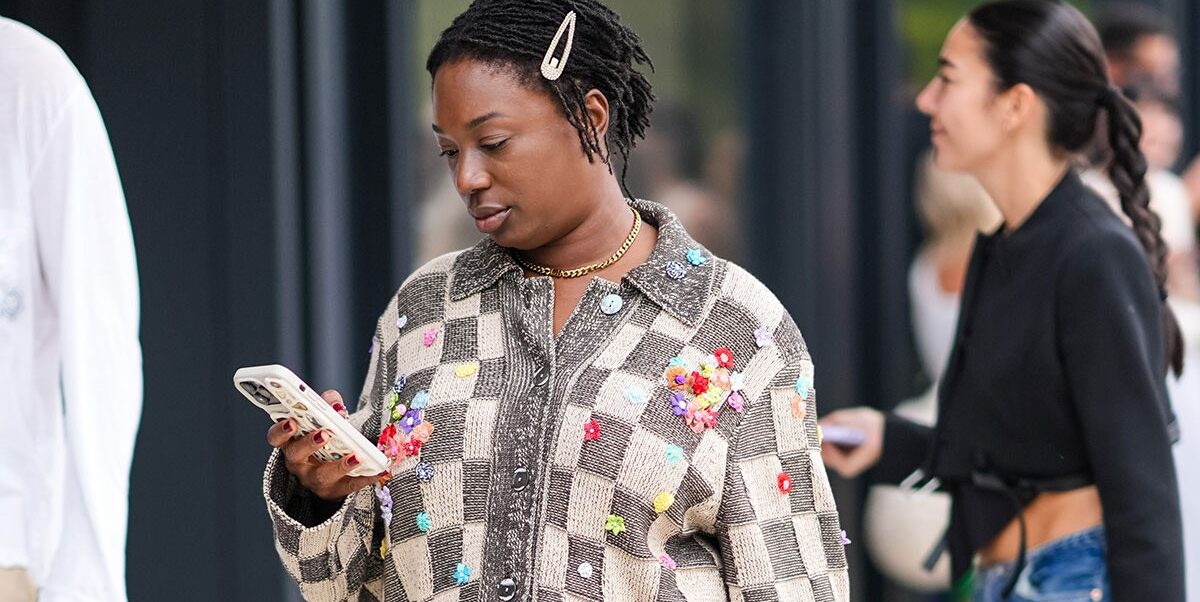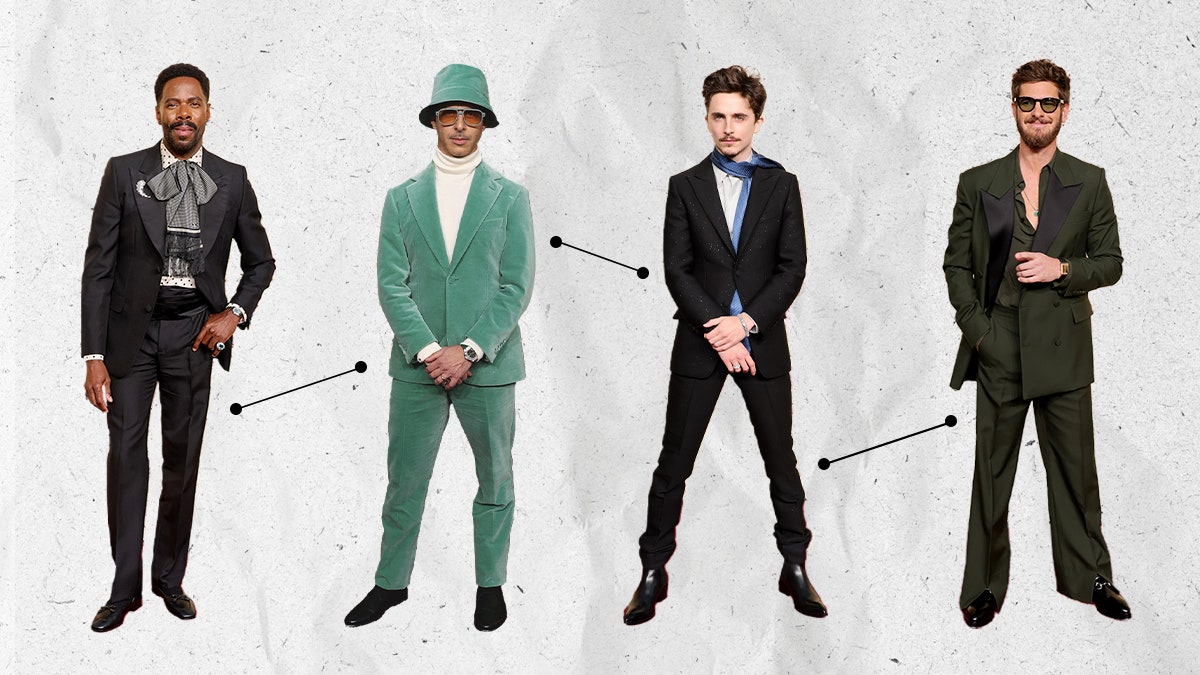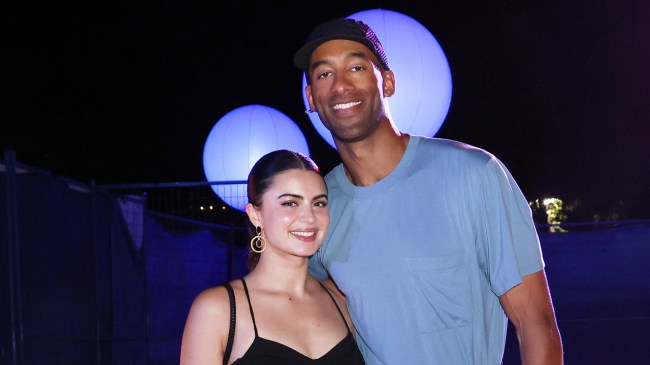It’s official: TikTok will be banned in the US.
On Friday 17 January, the Supreme Court voted to uphold the law that requires TikTok be banned in the US unless it divests from Bytedance by 19 January — two days time. In an unsigned opinion with no dissents, the justices rejected TikTok’s free speech challenge.
The ban was first floated in 2020 (following India’s banning of the app), which was followed by ‘Project Texas’, a joint effort between TikTok and Oracle to protect users’ data by separating out US TikTok’s code. A ban picked up traction in 2023 when the Biden administration moved to ban it from the devices of government employees. Still, brands, creators and industry experts remained relatively unconcerned. While aware that some restriction was possible, few entertained the idea of an all-out ban of the platform.
In March 2024, the House of Representatives passed a bill that meant that, unless TikTok divested from its Chinese owner Bytedance, the platform would be removed from app stores in the US. The bill won by an overwhelming majority in a bipartisan vote, passing on a 352-to-65 vote ratio. In April 2024, the Senate passed the bill.
TikTok attempted to overturn the verdict, but on 6 December 2024, that was rejected. On 10 January, TikTok presented arguments to the Supreme Court regarding why the ban is in violation of the First Amendment, infringing upon users’ (and TikTok’s) free speech. The court had until 19 January to reach a decision regarding whether to side with the government or TikTok. (Had they not reached a decision by this date, the ban would have gone into effect.)
Talent manager Ali Grant spent the past week providing a backup plan for creator talent, many of whom rely on TikTok for a large percentage of their income. “Today’s appeal rejection makes the ban that much more real,” she says. “I’ve seen this app change people’s lives overnight, allowing anyone to share their story, ideas, business, and thoughts and build a true community.”
For creators, the news is a blow. “TikTok has an inherent value to its users and its creators that I think has been completely overlooked on a federal level,” says fashion and jewellery creator Kira Kirby, whose follower base and income is tied to the platform. “It feels like the federal government is very much focused on [the] macro but neglects average Americans.”
As for what will happen to TikTok starting 19 January, the requirement is that app store operators stop making TikTok available to download. Given this, the likely scenario was that, for those with the app currently installed on their phones, it would continue working as usual for some time. It would, however, be removed from the App Store and Google Play. As app updates won’t be supported, eventually, it will stop functioning.




